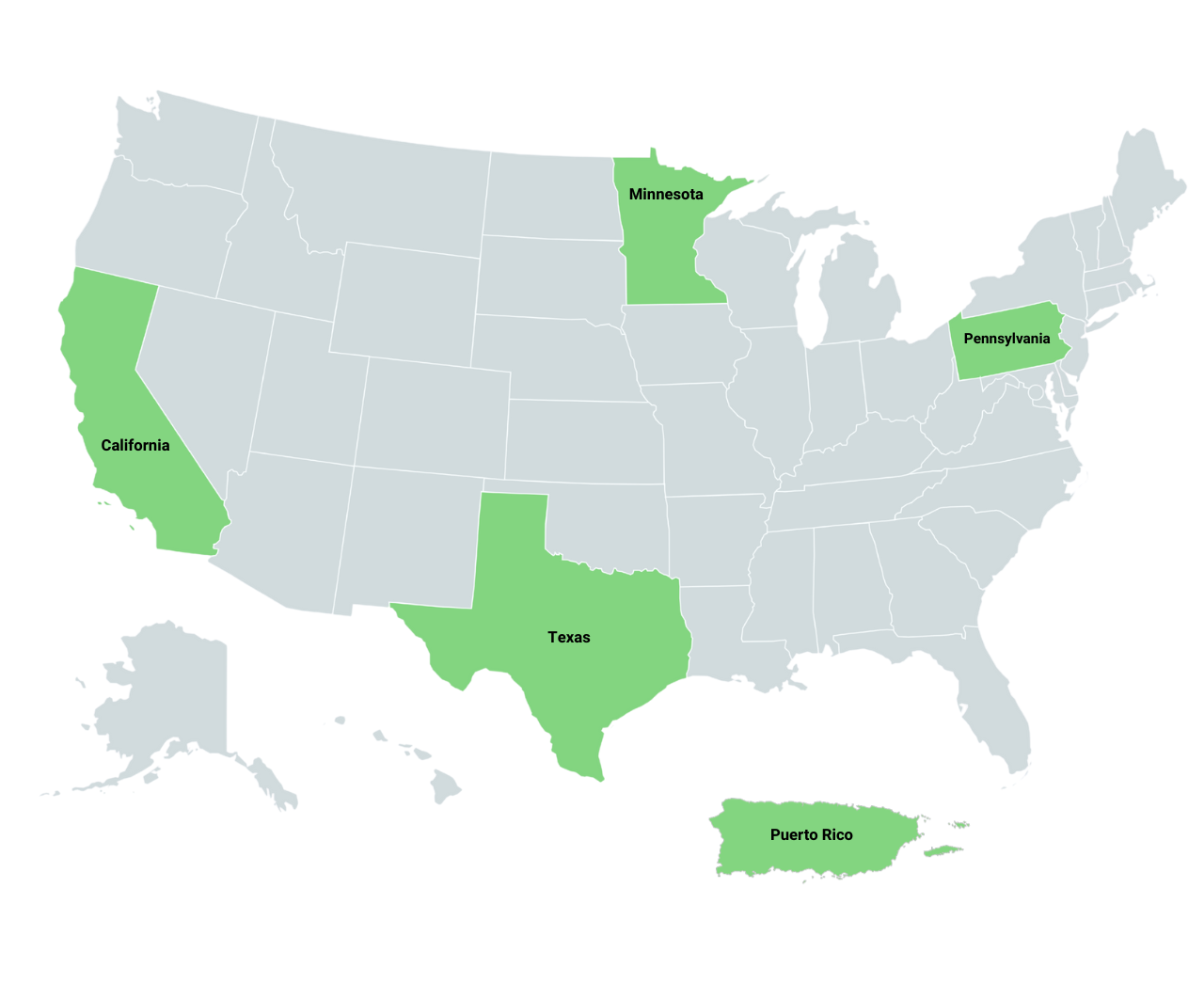Dream of Wild Health (DWH), founded in 1998 as Peta Wakan Tipi, aims to restore health and well-being in the Native community by recovering knowledge of and access to healthy Indigenous foods, medicines, and lifeways. DWH seeks to accomplish this goal by creating culturally-based opportunities for youth employment, entrepreneurship, and leadership; increasing access to Indigenous foods; and engaging in community organizing and outreach around reclaiming cultural traditions, healthy Indigenous foods, cooking skills, and policy and systemic change. One of the longest operating Native American organizations in Minnesota’s Twin Cities, DWH has expanded over the years to include a 30-acre regenerative farm, native fruit orchard, and pollinator meadow.

